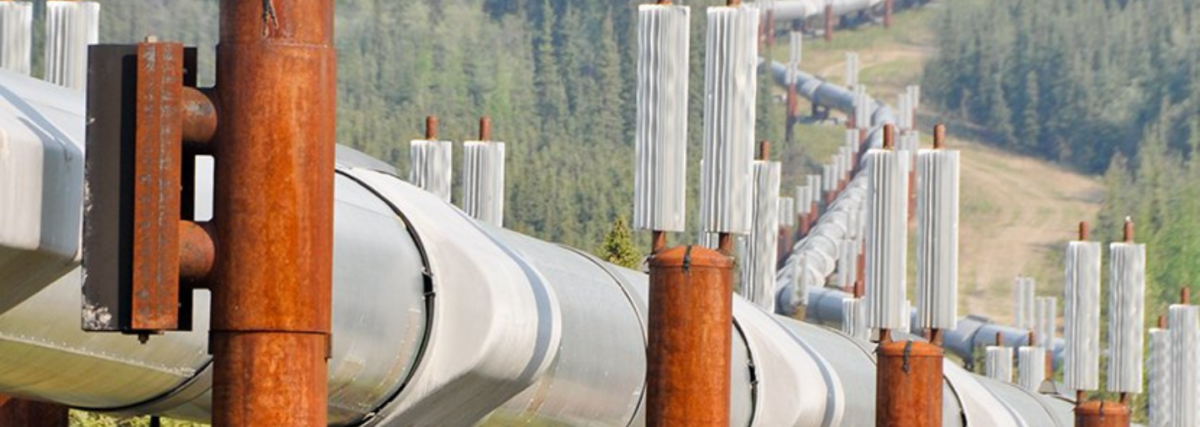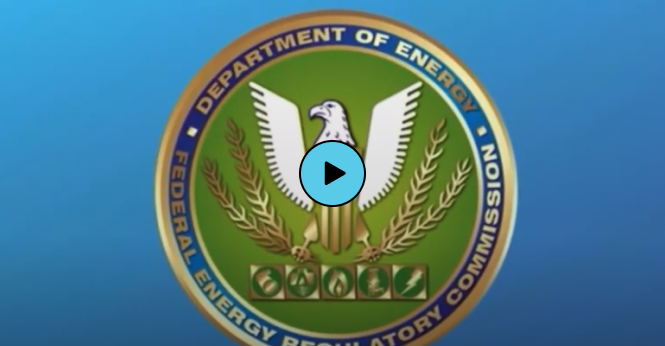Our Primary Fossil Fuel Regulator Must Consider Environmental Impacts
Published Mar 27, 2024

We are challenging fossil fuel infrastructure approvals without adequate review of climate change impacts.
In March 2022, The U.S. Court of Appeals for the D.C. Circuit ruled in favor of Food & Water Watch in Food & Water Watch and Berkshire Environmental Action Team v. Federal Energy Regulatory Commission, agreeing that FERC had failed to adequately consider downstream greenhouse gas (GHG) emissions – the pollution from burning gas at its end point – when it approved a fossil gas infrastructure expansion near Springfield, Massachusetts. The Court found that the Commission improperly refused to analyze the increase in GHG emissions from downstream combustion resulting from the expansion, which was designed to move more gas into a local distribution network.
Victory in that case forced FERC, the nation’s primary regulator of fossil gas, to more meaningfully consider the downstream GHG impacts of fossil fuel infrastructure development. As a result, FERC has begun analyzing downstream GHG emissions in some of its orders,while also considering more drastic changes in draft gas certification and GHG emissions policies. However, FERC continues to ignore upstream GHG emissions from increased fracking, as well as other downstream impacts, like localized air pollution. Moreover, FERC completely refuses to determine whether the climate impacts of projects are significant and fails to take into account state emissions reduction requirements when determining if a project is needed.
In August 2022, FWW filed another lawsuit responding to these continued shortcomings. The lawsuit, Food & Water Watch v. Federal Energy Regulatory Commission, challenges the May 2022 approval of the “East 300 Upgrade Project,” which consists of major expansions of two compressor stations and the construction of a new compressor station in Pennsylvania and New Jersey, all designed to supply more fracked gas to the New York City metro area.

Our goals are twofold: 1) make FERC factor in the full scope of climate, environmental and community impacts of its fossil gas infrastructure permitting decisions, as required by law; and 2) require FERC to consider state and local climate law requirements when determining whether a fossil gas project is even needed. FERC may only approve projects that serve the public interest and dirty fossil fuel projects that harm the climate and ignore clean energy transitions already underway do not meet this standard.
Winning this case would build on our past victory and force FERC to meaningfully consider the broader impacts of fossil fuel infrastructure development, such as the effects of upstream GHG emissions from fossil fuel extraction on climate change and the impacts of downstream air pollution on frontline communities. It would also require federal regulators to include state and local climate laws in their assessment of whether a project is necessary, rather than simply forcing more fossil gas into states regardless of their climate initiatives.
The outcome we need is clear: Especially in the face of the climate crisis, FERC can no longer ignore the widespread impacts of continued fossil fuel reliance.
Make a donation to fund more fights like this!

Time to face it —~it’s people or plastics.~We can’t have both.
Become a plastic pollution fighter this Earth~ Day and have your gift MATCHED $3-to-$1!
Enjoyed this article?
Sign up for updates.
TO TOP


